Emily Ratajkowski says no one should 'judge' women for 'how they represent themselves or their body'
The supermodel-turned-actress has long taken a stand in support of feminism.
Supermodel, actress and businesswoman Emily Ratajkowski is making her mark. She's one of today's biggest celebrities and among the most influential women on social media. With almost 25 million Instagram followers, the 28-year-old is influencing culture with her distinct message of body positive and feminism.
Her brand of feminism? She says it's about choice.
"It's about not limiting options or saying someone is a bad feminist. ... It's just about the ability to choose to be whatever kind of woman you want to be, to live whatever kind of life you want, to dress however you want, whether it be in a burka or a bikini," Ratajkowski told ABC News' Rebecca Jarvis for "Nightline."
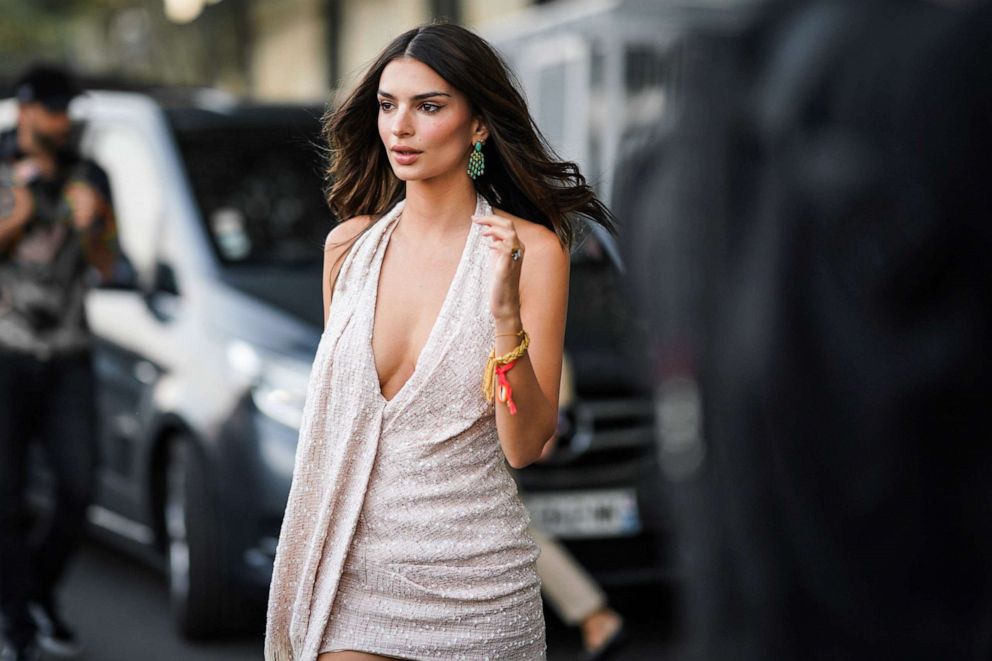
Ratajkowski is known for her skin-baring Instagram posts, and she says that choosing to represent your body however you want is empowering. In 2016, she came to the defense of Kim Kardashian after British journalist and TV personality Piers Morgan made derogatory comments about a nude selfie posted by Kardashian.
In that instance, Ratajkowski sent out a series of tweets, saying, "We are more than just our bodies, but that doesn't mean we have to be shamed for them or our sexuality. #liberated."
"Even if being sexualized by society's gaze is demeaning," she said in another tweet, "there must be a space where women can still be sexual when they choose to be."
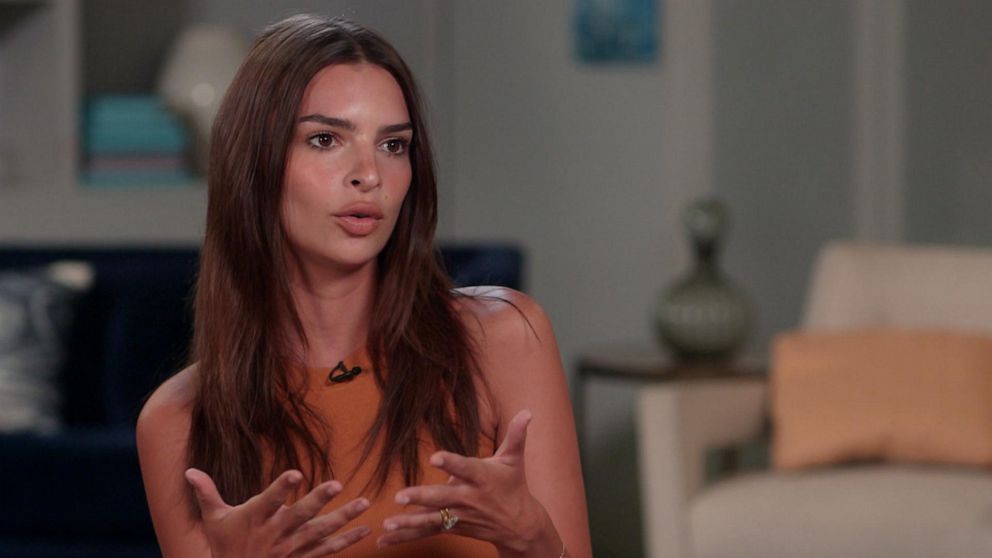
She then posted a topless photo with Kardashian on Twitter with the caption: "However sexual our bodies may be, we need to [have] the freedom as women to choose [when] & how we express our sexuality."
Ratajkowski also publicity defended Melania Trump after hearing a New York Times reporter make a derogatory comment about the first lady at a Fashion Week event.
"Sat next to a journalist from the NYT last night who told me 'Melania is a hooker.' Whatever your politics it's crucial to call this out for," she said in one tweet, continuing in another one: "what it is: slut shaming. I don't care about her nudes or sexual history and no one should."
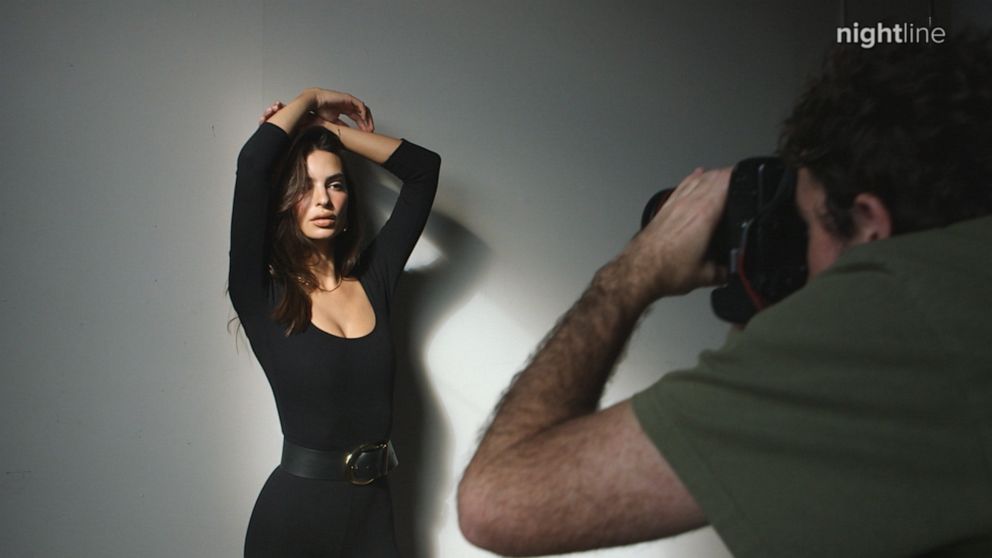
The tweets prompted The New York Times to respond, telling Politico, "At a party last night, a Times reporter who does not cover Washington or politics, referred to an unfounded rumor regarding Melania Trump... The comment was not intended to be public, but it was nonetheless completely inappropriate and should not have occurred. Editors have talked to the reporter in question about the lapse."
Ratajkowski says defending both women was the same for her.
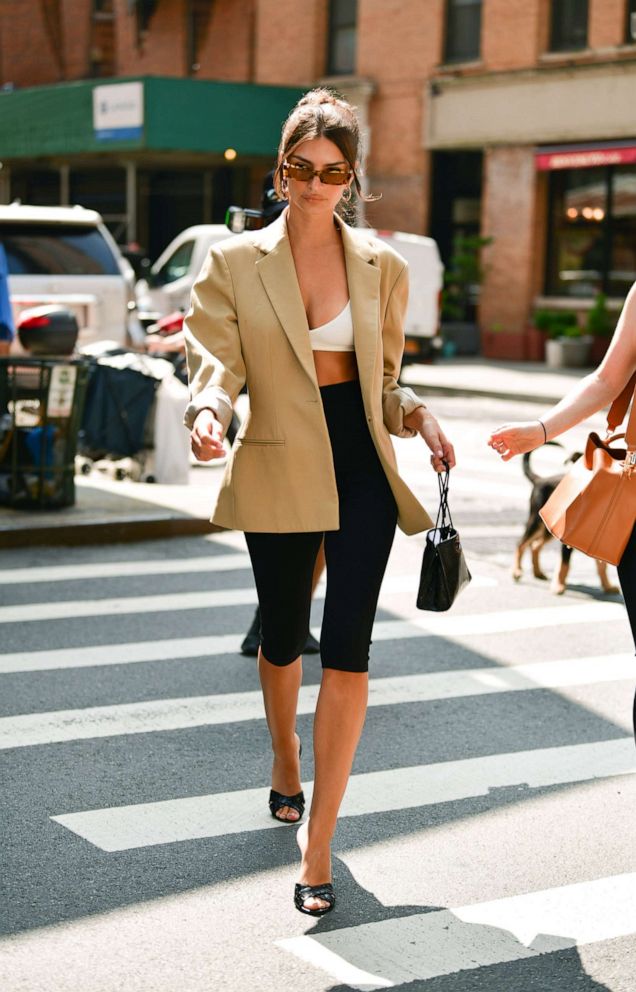
"I think that we shouldn't be taking women for how they represent themselves or their body or even their sexual past and judging them for those things because that's just not something we do with men. For me, it's not even about taking the narrative into my own hands. It's about calling out moments where there are inequality and unfairness." Ratajkowski said.
Ratajkowski first burst onto the scene in 2013 when she starred in Robin Thicke's "Blurred Lines" music video. She became what seemed to be an overnight sensation while the song sparked controversy for its hypersexualized lyrics and video. There is an unrated version where Ratajkowski and other women appear topless. The Guardian called it "the most controversial song of the decade," and the Daily Beast called the song "kind of rapey."
Ratajkowski says she wasn't surprised by the controversy that surrounded the song and the video, but said she didn't necessarily agree. The director of the video and the director of photography were both women, and Ratajkowski said she always felt very comfortable.
"The director, Diane Martel, is a really brilliant woman who understood exactly what she was doing," Ratajkowski said. "So I felt very comfortable with the sort of things that maybe some people deemed controversial. I understood what the idea was, and I liked it."
Ratajkowski said that she liked that the women in this video "were depicted as not taking themselves too seriously not taking these men at all seriously,'' she adds, "there was a lot of humor behind it...it was about having fun and women embracing their bodies."
Whatever the opinion of popular culture, her career quickly catapulted from there, and Ratajkowski's life began to change. She started getting recognized on the street, appearing on talk shows and booking acting gigs. Her first major movie was "Gone Girl," where she played Ben Affleck's character's girlfriend. She then starred alongside Zac Efron in the film "We Are Your Friends" and later on with Amy Schumer in "I Feel Pretty."
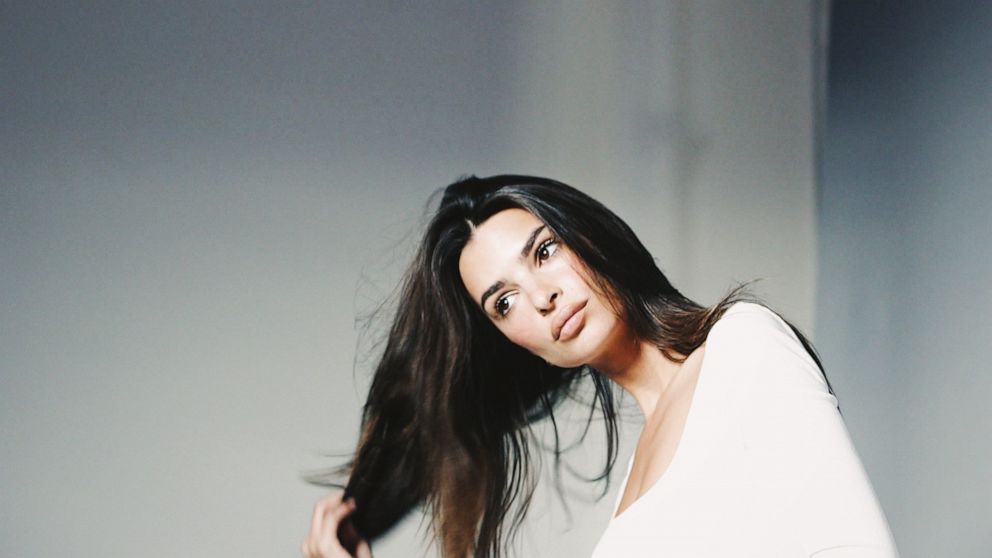
In the latter film, her character is friends with Schumer's character, who cannot believe Ratajkowski had been dumped. At one point, Ratajkowski's character says that she has "always dealt with being really insecure" and it's something that Schumer's character cannot comprehend.
The fictional scene mirrors some truth in Ratajkowski's own life. She said she grew up feeling comfortable with nudity and not equating it with sex, but said that she grew insecure when others started viewing her body differently.
"I think for me what happened was when I did hit puberty there was this moment where I was like, 'Oh, now people are uncomfortable with me, and how do I handle that?' So that was sort of my journey being like, 'OK, why are people now judging me because my body is different and makes them feel a different way?'"
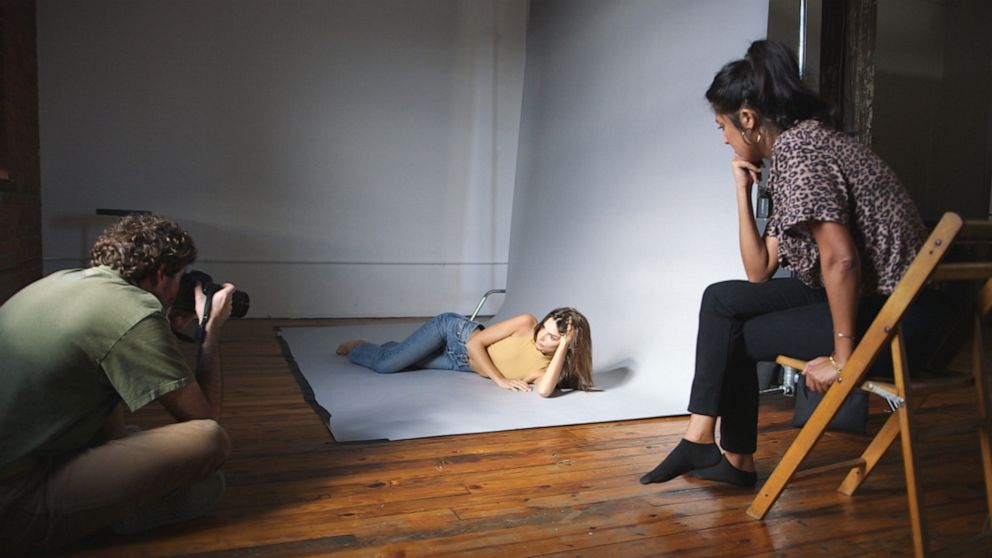
Ratajkowski said that experience while growing up and feeling judged was difficult.
"I don't think that I always liked myself... I thought...'Oh, no one's going to take me seriously,' even at the age of 12. ... But I had a really good mom who basically said to me, 'That's their problem, not yours.' And I think I took that message to heart."
Ratajkowski has used that message and learned to be confident in almost every aspect of her career, which now includes running her own clothing company, Inamorata. She's been able to leverage her massive social media following to grow the brand, which does 96% of its business via Instagram. Typically she can post a new item and it will sell out in minutes.
Ratajkowski founded the self-funded company in 2017 and quickly teamed up with her best friend, fashion industry veteran Kat Mendenhall. Together the pair owns every element of the company. Ratajkowski handles the creative, sketching each design and bringing them to life, while Mendenhall handles the business, from sales to marketing to e-commerce.
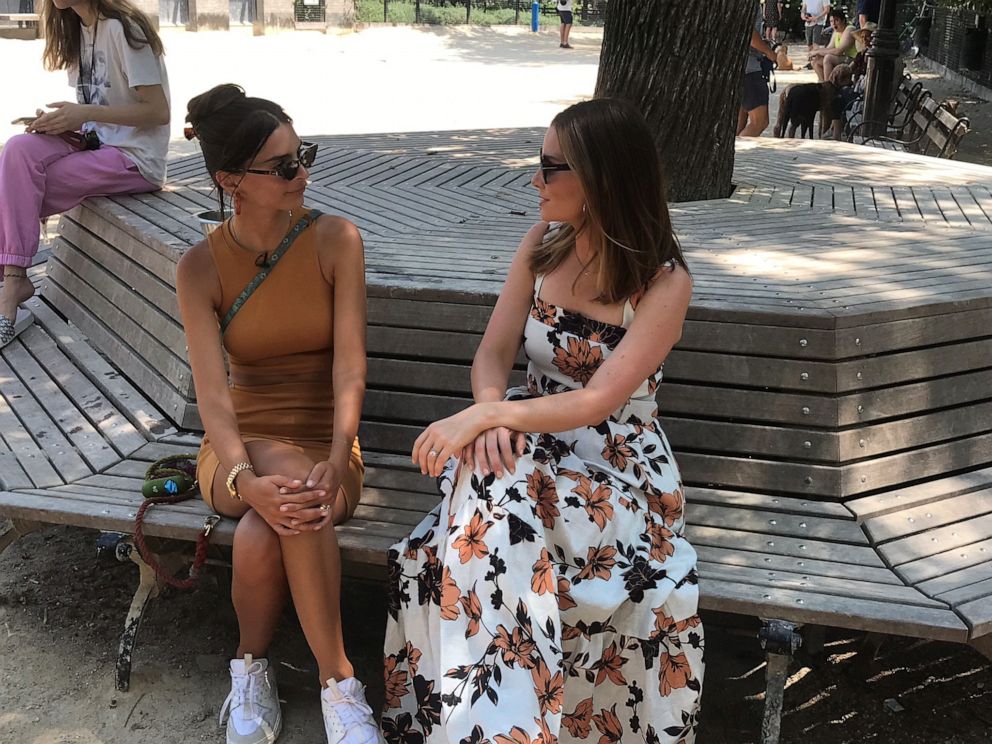
"Sometimes it's packing boxes and sometimes it's doing bigger picture stuff. We're a super small team, and I think that's the exciting part about having a start-up together — you have a hand in everything and we get to see every part of the operation," Mendenhall, president of Inamorata, said.
Ratajkowski, whose father is an artist, had grown up with interests in design and fashion. Those interests, combined with her knack for building a personal brand, proved to be the perfect combination for creating and building her company.
"It felt like a natural evolution for me," Ratajkowski said. "Also, I think doing a couple of licensing jobs deals where...I design something and then seeing how they are able to use my name and my image in a way that's super beneficial to their brand. Why shouldn't I do that myself?"




